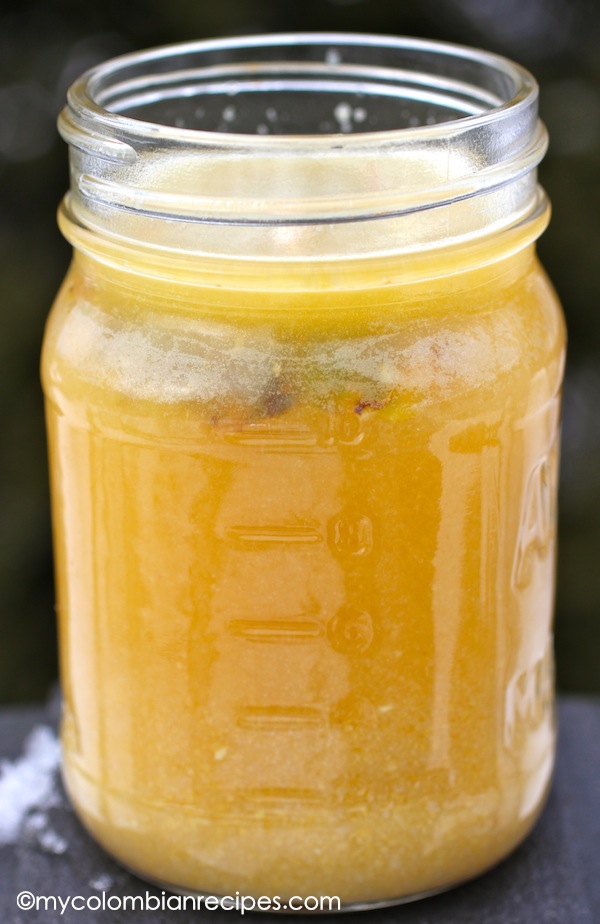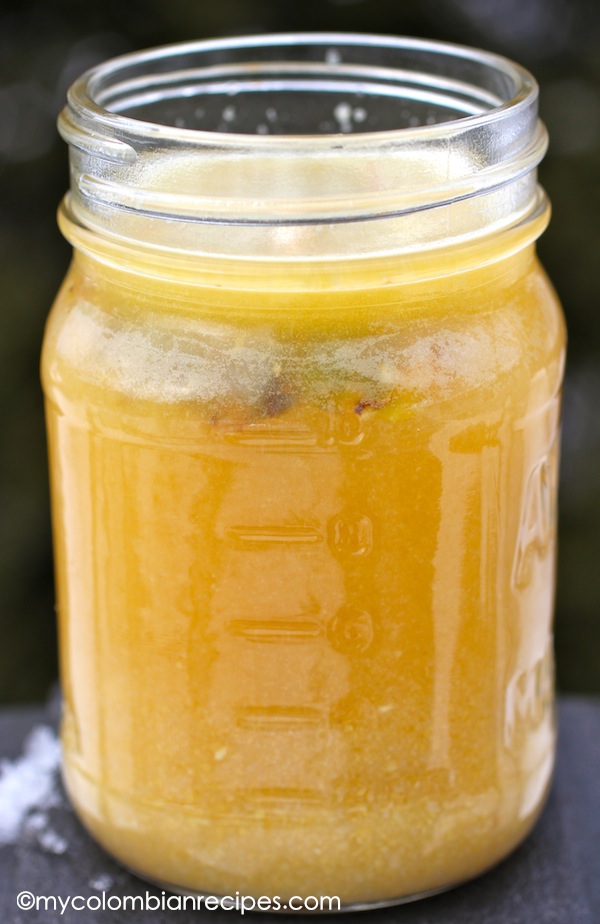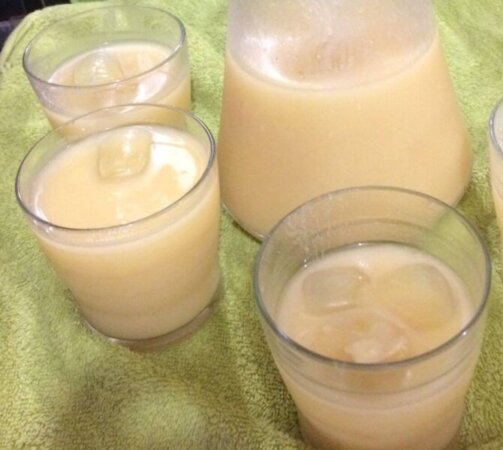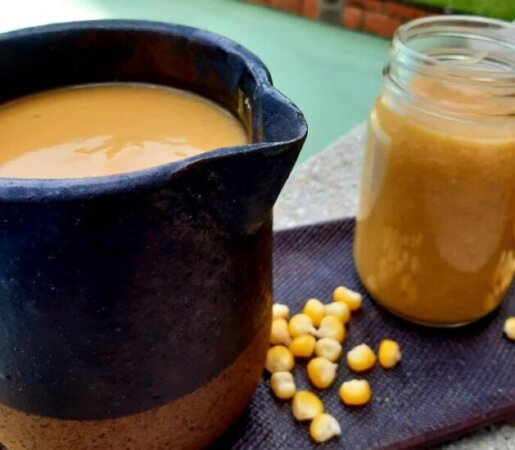Chicha de maiz
chicha de maíz, chicha maize
Chicha is a fermented or non-fermented beverage of Latin America, emerging from the Andes and Amazonia regions. In both the pre- and post-Spanish conquest periods, corn beer (chicha de jora) made from a variety of maize landraces has been the most common form of chicha. However, chicha is also made from a variety of other cultigens and wild plants, including, among others, quinoa (Chenopodium quinia), kañiwa (Chenopodium pallidicaule), peanut, manioc (also called yuca or cassava), palm fruit, rice, potato, oca (Oxalis tuberosa), and chañar (Geoffroea decorticans). There are many regional variations of chicha. In the Inca Empire, chicha had ceremonial and ritual uses. The exact origin of the word chicha is debated. One belief is that the word chicha is of Taino origin and became a generic term used by the Spanish to define any and all fermented beverages brewed by indigenous peoples in the Americas. It is possible that one of the first uses of the term chicha was from a group of people who lived in Colombia and Panama, the Kuna. However, according to the Real Academia Española and other authors, the word chicha comes from the Kuna word chichab, or “chiab” which means maize. According to Don Luis G. Iza it comes from the Nahuatl word chichiatl, which means “fermented water”; the verb chicha meaning “to sour a drink“ and the noun atl meaning “water”. These etymologies are not mutually exclusive. The Spanish idiom ni chicha ni limonada (neither chicha nor lemonade) means “neither one thing nor another” (roughly equivalent to the English “neither fish nor fowl”).
Source: Wikipedia



